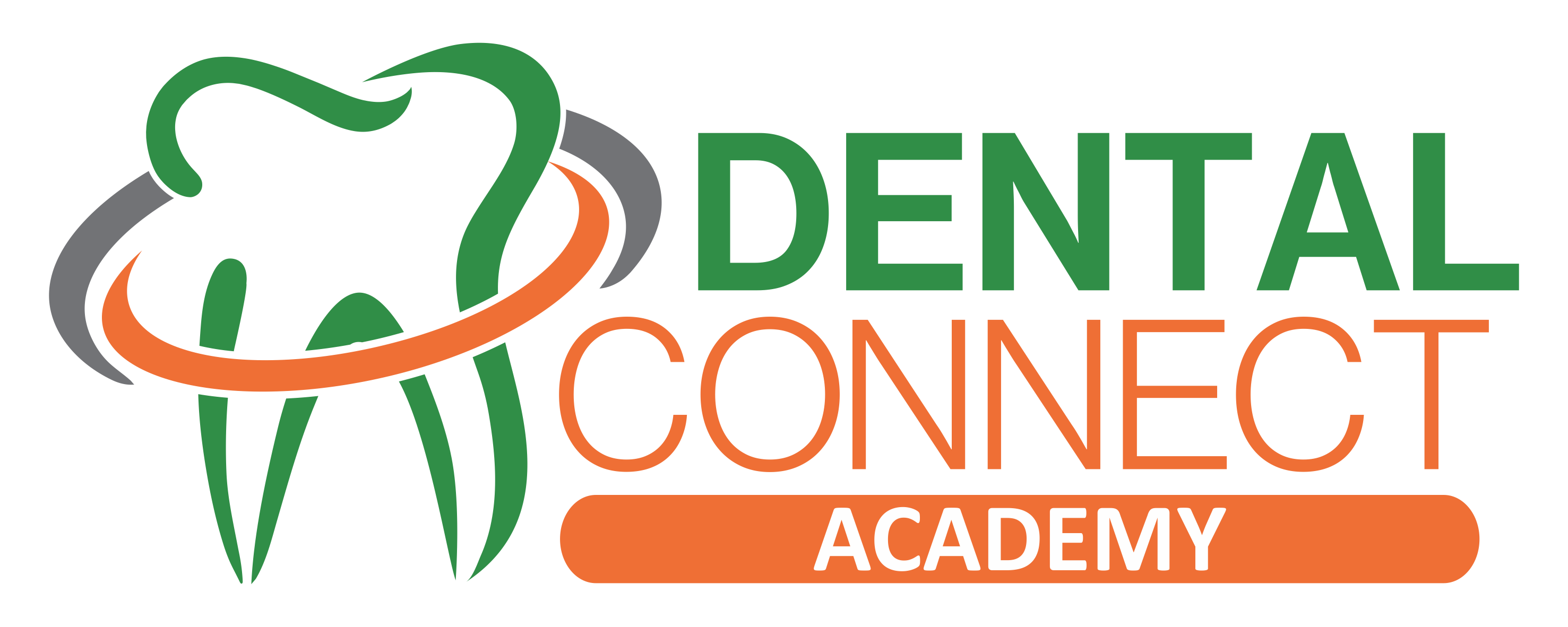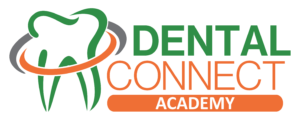Dental courses are educational programs designed to train students in various aspects of dental care, including diagnosis, prevention, and treatment of oral diseases and conditions.
Frequently Ask Questions
Get Answers to Common Queries and make informed decisions about our Courses and offerings
What are the different types of dental courses available?
Dental courses can range from undergraduate programs like Bachelor of Dental Surgery (BDS) to postgraduate programs like Master of Dental Surgery (MDS), as well as specialized diploma and certificate courses in areas such as orthodontics, periodontics, and dental hygiene.
What are the eligibility criteria for enrolling in a dental course?
Eligibility criteria typically include a high school diploma with a strong emphasis on science subjects (biology, chemistry, physics), entrance exams, and sometimes interviews.
Are there any entrance exams required for dental courses?
Yes, most dental schools require entrance exams such as NEET (National Eligibility cum Entrance Test) in India, DAT (Dental Admission Test) in the USA, or equivalent tests in other countries
What documents are required for admission?.
Required documents usually include academic transcripts, proof of entrance exam scores, letters of recommendation, personal statement, and sometimes proof of extracurricular activities.
What does the curriculum of a dental course include?
The curriculum typically includes theoretical subjects like anatomy, physiology, biochemistry, pathology, and microbiology, along with practical training in dental procedures and patient care.
How long does it take to complete a dental course?
An undergraduate dental program usually takes 4-5 years, while postgraduate programs can take an additional 2-3 years.
Is practical training included in the course?
Yes, practical training and clinical rotations are essential components of dental courses to provide hands-on experience in treating patients.
What career opportunities are available after completing a dental course?
Graduates can work as general dentists, dental specialists (orthodontists, periodontists, prosthodontists, etc.), dental hygienists, researchers, or educators.
Can I open my own dental clinic after graduation?
Yes, many graduates choose to open their own dental practices. However, this often requires additional steps such as obtaining a license, gaining some experience, and meeting local regulatory requirements.
Is it necessary to have a background in science to pursue dental courses?
Yes, a strong foundation in science, particularly biology and chemistry, is typically required for admission into dental programs.
What skills are important for a successful career in dentistry?
Important skills include manual dexterity, attention to detail, communication skills, problem-solving abilities, and empathy towards patients.



